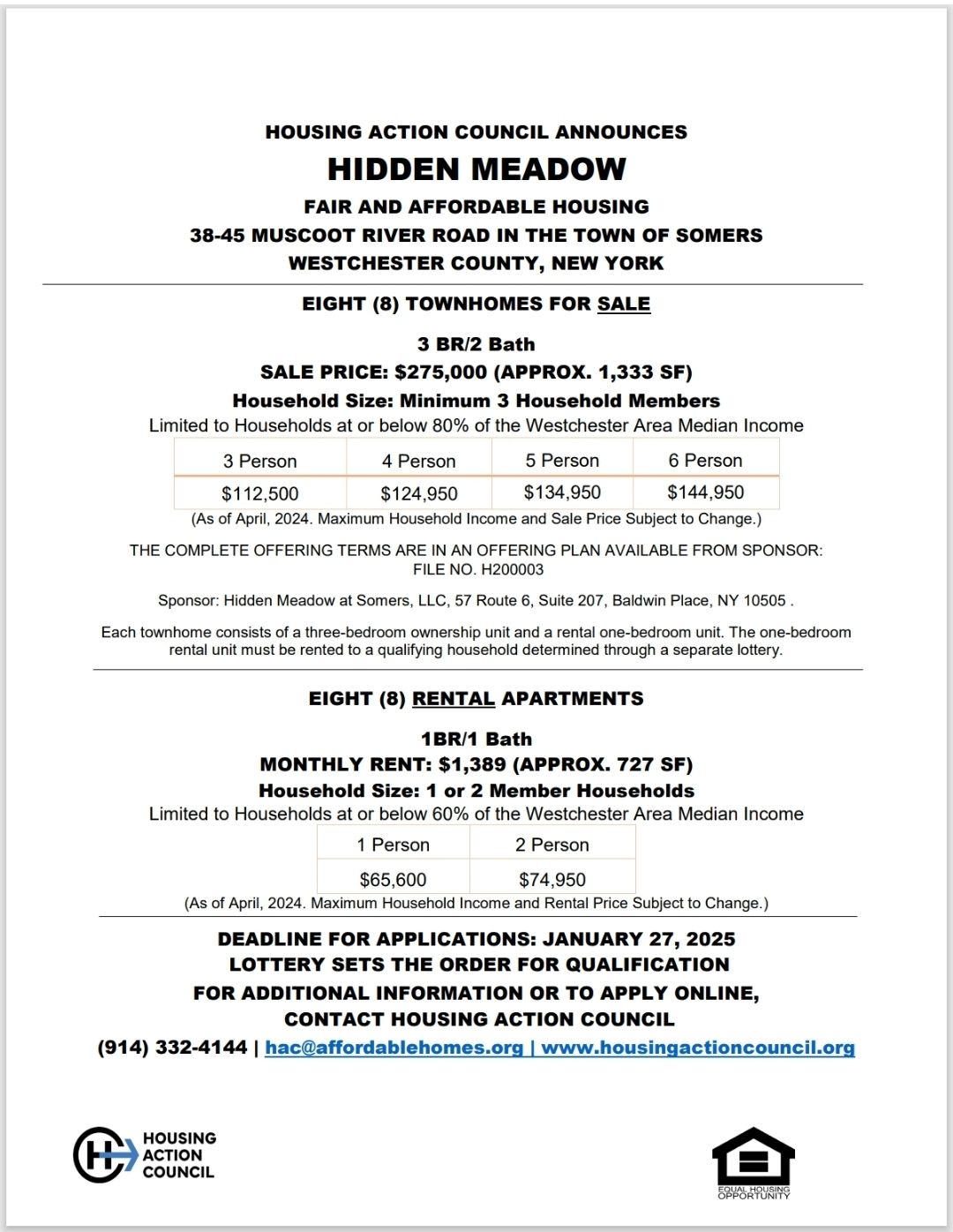It’s crucial for Black people to cut through the distractions and have honest, unfiltered conversations about the state of our communities. Yes, we’ve earned college degrees and placed a few Black faces in high places, but the broader reality tells a different story. My brothers and sisters, the numbers speak volumes, and they paint a sobering picture. As Black Americans, we are spending more than almost any other group, yet we own less. This isn’t by chance—it’s a wake-up call. Our financial power is undeniable, but too often, it slips through our hands and builds wealth for others. It’s time for us to change this narrative. It’s time to step into our rightful role as economic leaders, not just consumers.
The Reality We Face
Let’s face the facts: while individual success stories may highlight progress within our community, the collective numbers tell a much starker reality about our economic situation.
Black households earn a median income of $56,490 annually—the lowest among major racial groups. Here’s how we compare to others:
- Indian (from India): $135,000
- Taiwanese: $120,000
- Chinese: $105,000
- Japanese: $95,000
- Korean: $92,000
- White (Non-Hispanic): $89,050
- Middle Eastern Americans: $88,000
- Hispanic: $65,540
- American Indian and Alaska Native: $57,000
Despite earning less, Black Americans spend nearly 910 billion a year, heavily driving industries like beauty, fashion, entertainment, and dining. Here’s where much of that spending goes:
- $1.2 billion on beauty and grooming products.
- $29 billion on apparel and footwear.
- $20 billion on automotive purchases.
- $120 billion on food and dining out.
Black Americans collectively spend nearly $900 billion annually, projected to be 1.7 trillion by 2030, an amount that rivals or surpasses the GDP of entire countries like Switzerland, Taiwan, and Saudi Arabia. Yet, unlike these nations, we have little to show for it but material possessions that lose value—clothes, cars, and gadgets. This level of consumption reflects immense financial power, but it’s power that flows outward, enriching others while leaving our communities underserved and economically vulnerable. Imagine if we planned our money wisely and redirected even a fraction of that spending toward supporting Black-owned businesses, investing in our neighborhoods, and building generational wealth. We could create a self-sufficient society within the U.S., one where our dollars circulate in our communities, fueling growth, opportunities, and independence. The potential for transformation is in our hands; we only need to act.
Yet, when it comes to ownership, the picture is bleak. Our homeownership rate stands at just 45.7%, far below other groups:
- White (Non-Hispanic): 74.3%
- Asian: 61.7%
- Hispanic: 51.1%
Business ownership is another area where we lag significantly. Only 2.8% of U.S. businesses are Black-owned, compared to:
- White (Non-Hispanic): 70.8%
- Asian: 10.6%
- Hispanic: 6.5%
These figures reveal a painful reality: while social media and entertainment often showcase individual achievements, they mask the collective struggles of our community. We are spending more than nearly any other group but are far behind in wealth creation, homeownership, and financial independence. If we continue on this path, the gap between our potential and our reality will only widen. Recognizing this is the first step toward meaningful change.
Why This Matters
Changing our financial mindset is the key to escaping this cycle. Right now, we spend the most and make the least. We focus on buying things that lose value—clothes, cars, and other fleeting symbols of success—rather than investing in assets that grow wealth.
We must realize that homeownership, business ownership, and investments are the real indicators of progress. These are the tools that can lift our community from the bottom and provide a legacy for future generations. If we fail to make this shift, the next generation will inherit the same challenges we face today
We’ve been conditioned by social media, entertainment, and societal pressures to measure success by material possessions. But what good is a new car if it loses value the moment you drive it off the lot? What good is expensive clothing if we don’t own the companies that make it? True wealth isn’t about what you buy—it’s about what you own, invest in, and pass down. It’s about building something greater than yourself and ensuring that future generations benefit from your sacrifices.
Even Black leadership has failed us in this regard. Instead of promoting the creation of Black-owned institutions, we celebrate buying into existing ones. We cheer when a Black individual becomes a minority owner in the NFL or NBA, treating it as a monumental achievement, yet ignore the larger question: Why aren’t we building our own leagues and teams? We are the majority of the players in these industries; we should also be the majority of the owners. The current system applauds token representation but leaves the wealth and decision-making power in the hands of others.
Imagine if we shifted our focus and taught our children early that the value of money isn’t in spending but in investing, owning, and creating. Imagine if they grew up understanding the power of budgeting, saving, and equity, rather than believing success is measured by how much they consume. The impact would be transformative—not just for individual families, but for the entire Black community. It’s time to rewrite the narrative and invest in a future where we are not just participants but leaders and builders of our own institutions.
We are not powerless, nor are we doomed to repeat these patterns. To change our trajectory, we must redirect our focus from spending to owning. This means prioritizing the purchase of homes, starting businesses, and making investments that lay the foundation for long-term wealth. Ownership, not consumption, is the key to economic stability and empowerment.
We must also commit to supporting Black-owned businesses. Every dollar we spend within our community has the potential to create jobs, foster growth, and circulate wealth among us. Reinvesting in those who reinvest in us is essential for building a self-sustaining economy.
Teaching our children early about financial literacy is another critical step. While schools often fail to provide this education, we have the power to instill these lessons at home. From a young age, our children should understand the importance of saving, investing, and distinguishing between wants and needs. Financial awareness can transform how future generations approach money.
It’s also crucial to reject the illusion of progress that social media and entertainment often portray. While they highlight individual Black success stories, these do not reflect the systemic realities faced by most of our community. True progress happens when we rise together as a collective, not when a few make it while the majority are left behind.
Finally, we must advocate for systemic change. Equal access to housing, fair wages, and funding for Black entrepreneurs won’t happen without deliberate policy reform. Advocacy is not optional—it is essential to leveling the playing field and ensuring that our community has the same opportunities to thrive as others. Together, these steps can lead us to a stronger, more self-reliant future.
To my community, I say this: let’s take these numbers seriously. Let’s not just read them and move on. Let’s act. Support Black-owned businesses. Learn how to build wealth and teach the next generation to do the same. If you don’t own your home, make it a goal—even if it seems distant. If you’ve ever dreamed of starting a business, find the resources to bring that dream to life.
We are a people of resilience, brilliance, and strength. We have overcome countless obstacles, and we will overcome this, too. The numbers may be against us, but they don’t define us. We define us. Together, we can rewrite the narrative. Together, we can ensure that our spending power turns into ownership power, lifting us all toward a brighter future.




